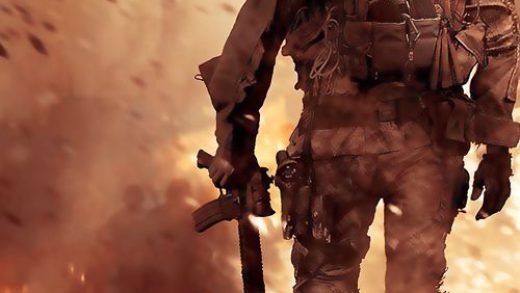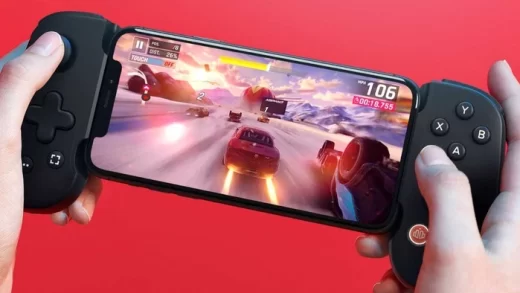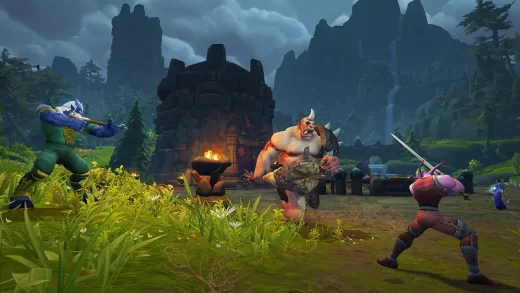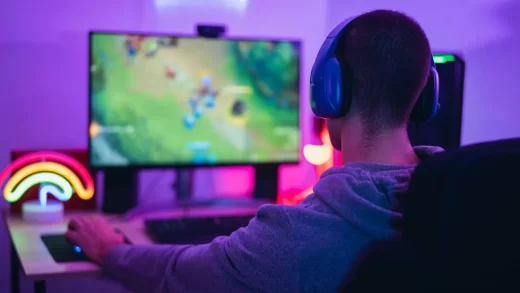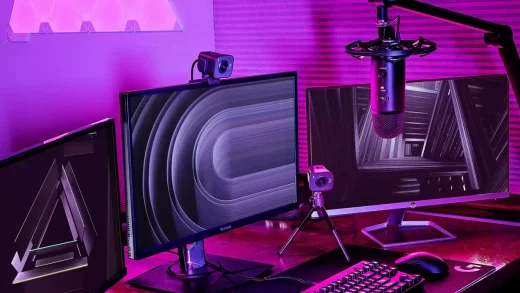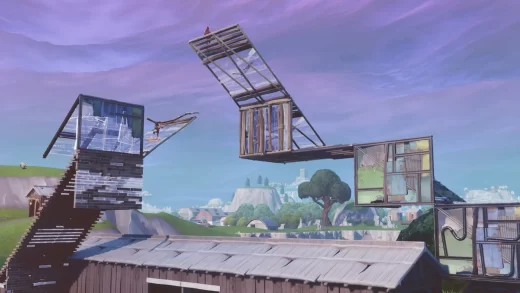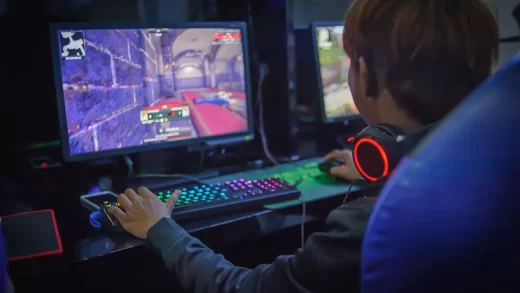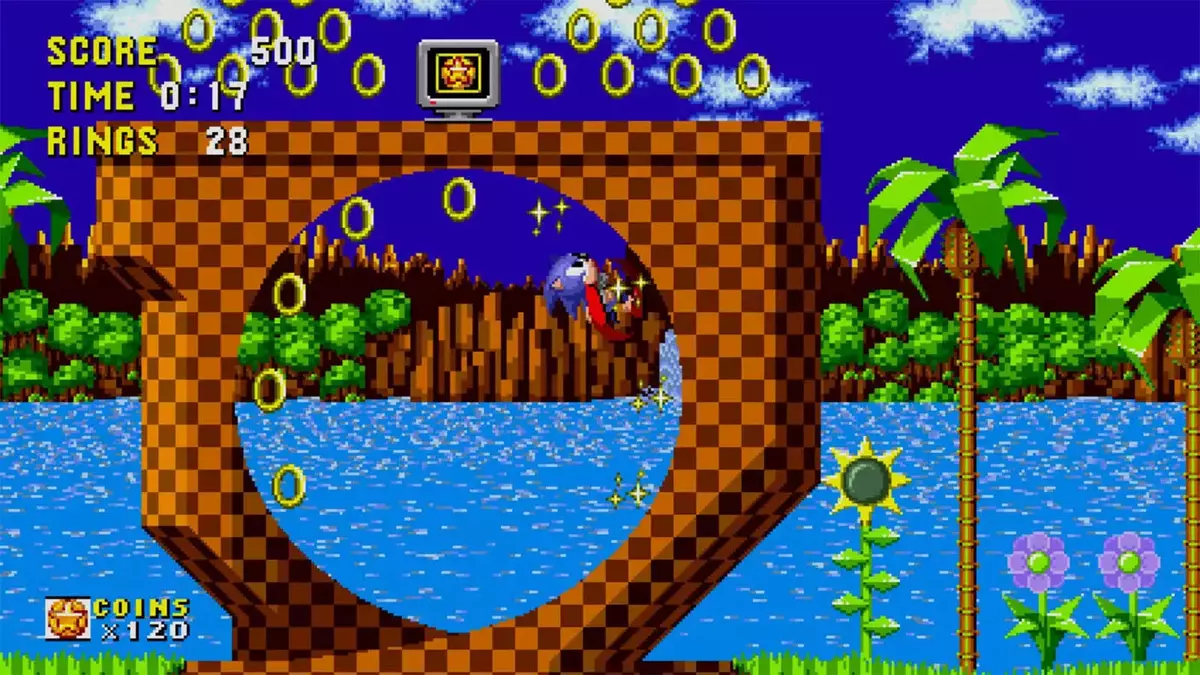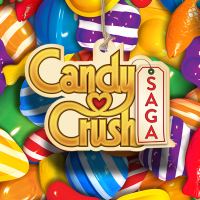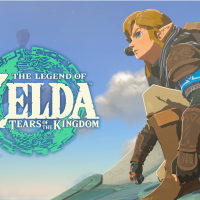In the world of video games, modding – the practice of creating and using player-generated content – has emerged as a powerful and transformative force. Modding empowers players to go beyond the confines of the original game and shape their own gaming experiences. In this article, we will explore how modding enhances games and the numerous ways in which it enriches the gaming community.
Table of Contents
- Introduction
- What Is Modding?
- The History of Modding
- Expanding Game Worlds
- Enhancing Graphics and Visuals
- Introducing New Gameplay Mechanics
- Fostering Creativity and Learning
- Building Thriving Communities
- The Future of Modding
- Conclusion
Introduction
Video games have evolved from static, closed experiences to dynamic, open-ended worlds thanks to the contributions of players who create mods. Modding has not only extended the lifespan of many games but has also given players the power to shape the games they love.
What Is Modding?
Modding, short for modification, refers to the process of altering or expanding a video game, typically by players or enthusiasts. Mods can include changes to gameplay, graphics, audio, and more. These user-created additions can be shared with others, leading to a vibrant modding community.
The History of Modding
Modding has a rich history, dating back to the early days of PC gaming. Classic titles like “Doom” and “Quake” had modding support, paving the way for today’s robust modding communities. Over time, modding has become more accessible and prevalent, with tools and platforms allowing for easier creation and distribution of mods.
Expanding Game Worlds
One of the primary benefits of modding is the expansion of game worlds. Players can create new maps, areas, and environments, giving games virtually limitless potential. Games like “Minecraft” and “The Elder Scrolls V: Skyrim” owe much of their enduring popularity to modding communities that continually add new content.
Enhancing Graphics and Visuals
Modders often improve a game’s visuals by creating high-resolution textures, realistic character models, and breathtaking scenery. These graphical enhancements can breathe new life into older titles and provide a more immersive experience for players.
Introducing New Gameplay Mechanics
Modding allows for the introduction of fresh gameplay mechanics and features. Whether it’s adding new weapons, character abilities, or entirely new game modes, mods can transform a game’s mechanics, enhancing replayability.
Fostering Creativity and Learning
Modding encourages creativity and problem-solving. Aspiring game developers can learn valuable skills by creating mods, from coding and level design to 3D modeling and sound design. Modding also serves as a creative outlet, allowing individuals to express themselves through game design.
Building Thriving Communities
Modding creates communities where players and creators collaborate, share ideas, and provide feedback. These communities often become tight-knit and supportive, fostering a sense of camaraderie among gamers and modders alike.
The Future of Modding
The future of modding looks promising. With the advent of more powerful hardware and user-friendly modding tools, creating and sharing mods has never been easier. Additionally, developers are recognizing the value of modding and are integrating mod support into their games, further fueling the modding ecosystem.
Conclusion
Modding has become an integral part of the gaming world, enriching experiences, fostering creativity, and building thriving communities. It exemplifies the collaborative nature of gaming, where players are not just consumers but active contributors to the medium they love. As technology continues to advance, modding will likely play an even more significant role in shaping the future of gaming, offering players endless possibilities for customization and creativity.


